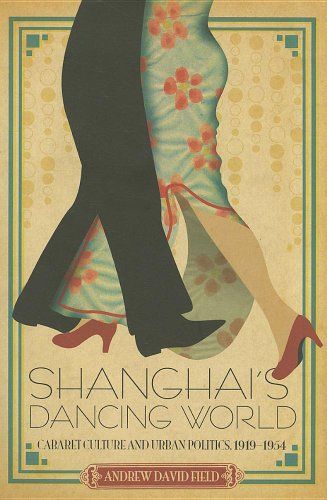
Shanghai's Dancing World Cabaret Culture and Urban Politics, 1919–1954
Drawing upon a unique and untapped reservoir of newspapers, magazines, novels, government documents, photographs and illustrations, this book traces the origin, pinnacle, and ultimate demise of a commercial dance industry in Shanghai between the end of the First World War and the early years of the People's Republic of China. Delving deep into the world of cabarets, nightclubs, and elite ballrooms that arose in the city in the 1920s and peaked in the 1930s, the book assesses how and why Chinese society incorporated and transformed this westernized world of leisure and entertainment to suit its own tastes and interests. Focusing on the jazzage nightlife of the city in its "golden age," the book examines issues of colonialism and modernity, urban space, sociability and sexuality, and modern Chinese national identity formation in a tumultuous era of war and revolution.